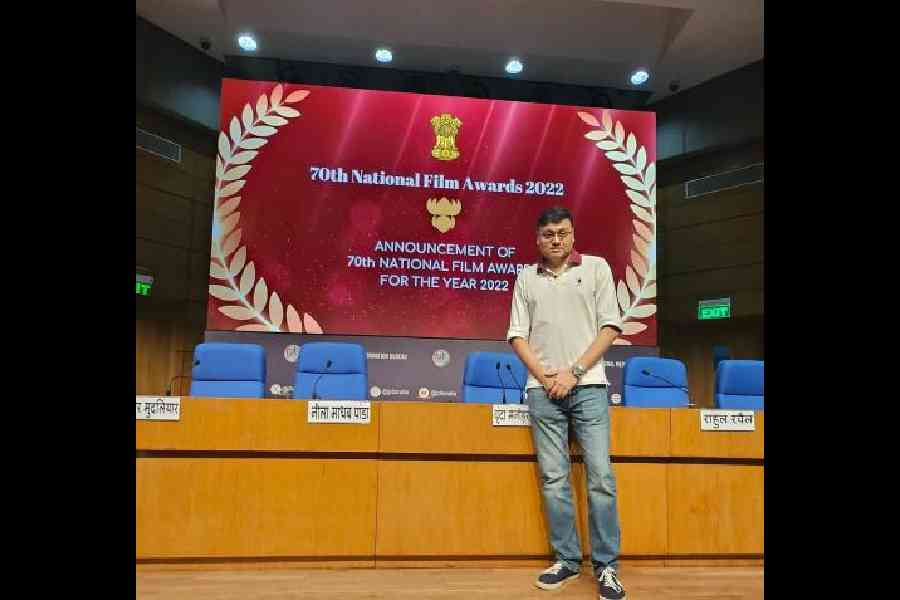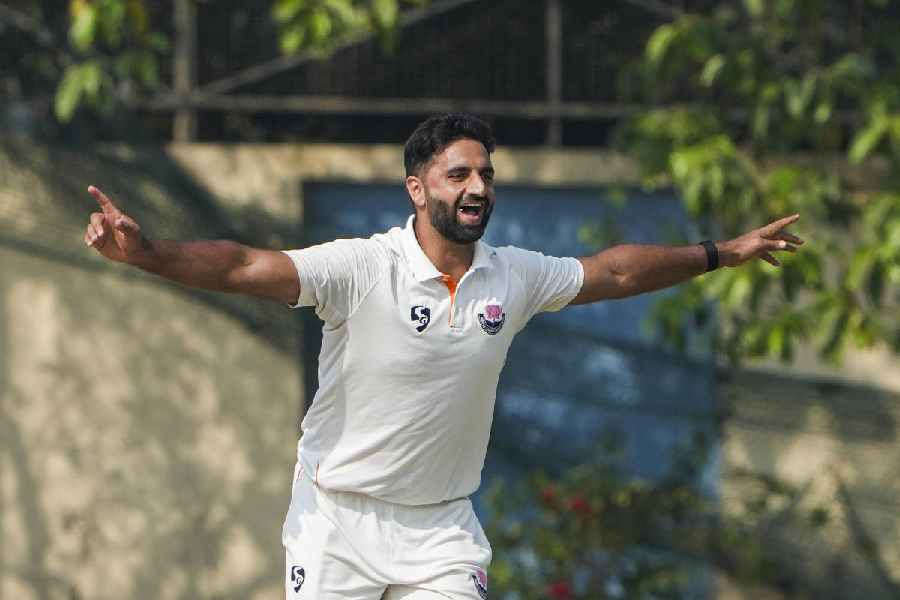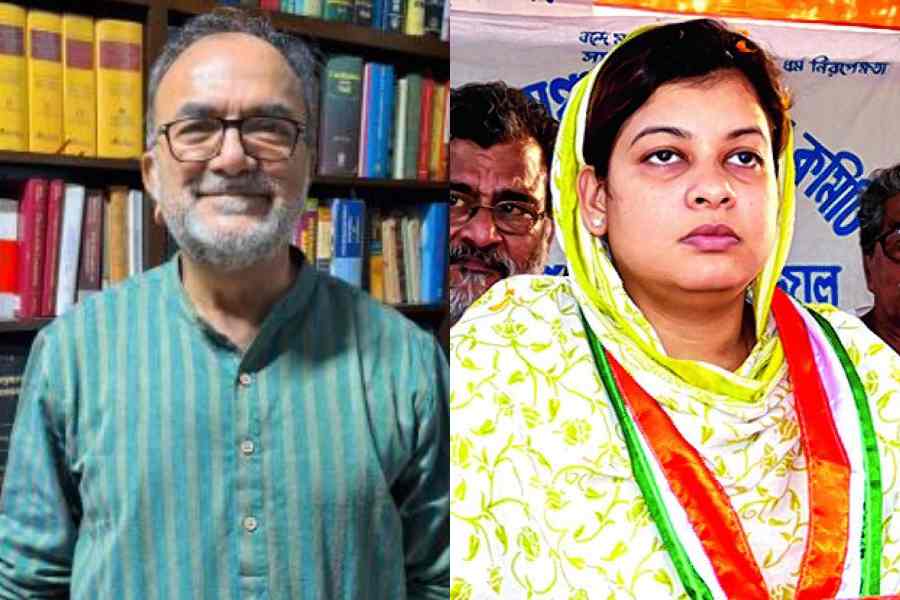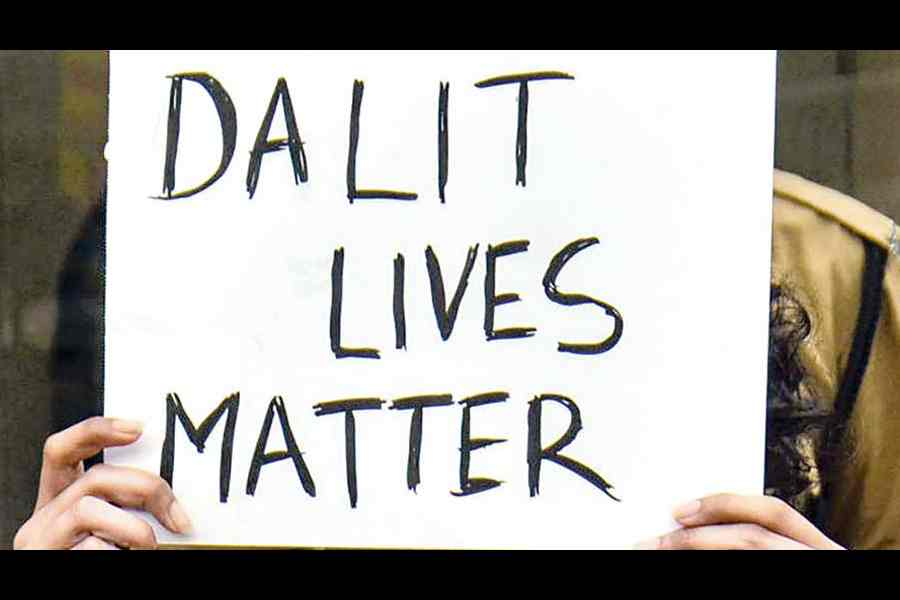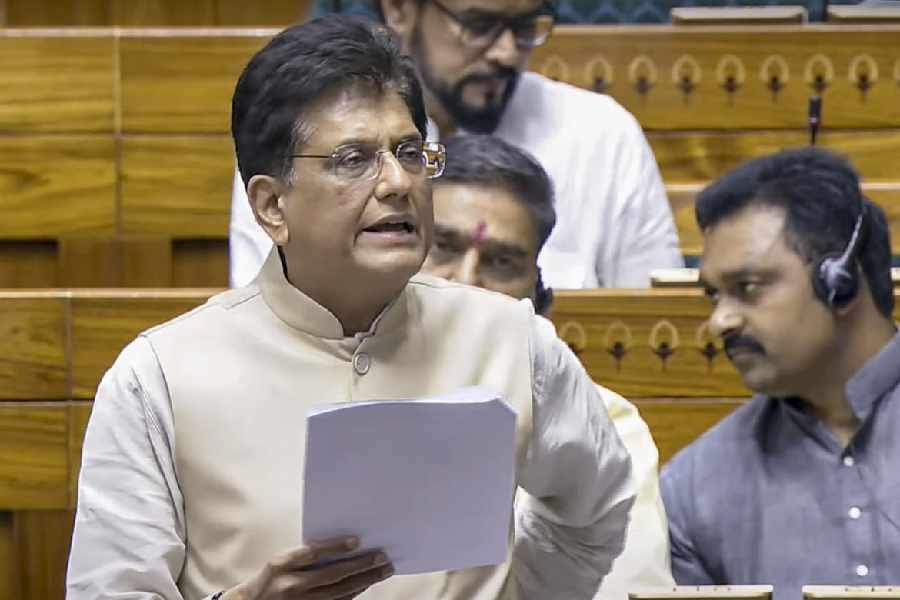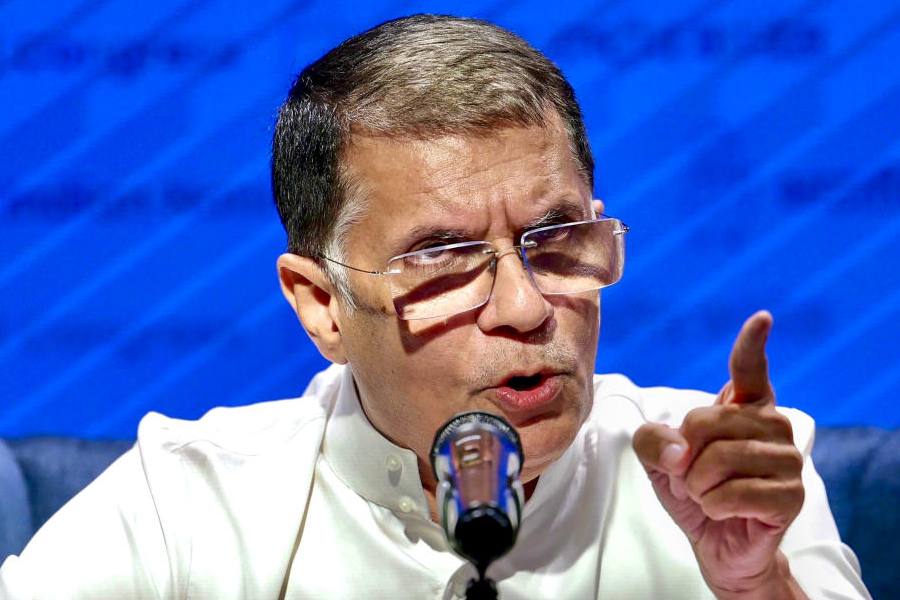Being one of the Central Panel Jury Members in the 70th National Film Awards of India is one of the most prestigious moments of my career. It was an absolute honour as the sole member of the Bengali film fraternity to be there in the Central Panel Jury. The panel consisted of Rahul Rawail (chairperson), Yatindra Mishra, P. Sukumar, Romi Meitei, Dillip Kumar Panda, Dr. Anuradha Singh, B. Shivananda, RV Uthayakumar, Anmol Bhave, Rajesh Touchriver and myself.
In the second week of July, I got a call from the ministry inviting me to be one of the juries for the prestigious NFA. The first phase of the elimination and selection was already done by the regional jury panels of each zone. This award was for the year 2022 (as per the censor date).
I arrived in Delhi on July 30, and the ministry took excellent care of our travel and accommodations. We were all housed at the Taj Palace in Chanakyapuri. A large suite with a magnificent view full of greeneries. We were treated to a large spread of buffet four times a day with sumptuous delicacies from different states.
The very next morning, we were warmly greeted by the deputy director of the film festival directorate, Indrani Bose, along with her young and energetic team, including Jolin, Pratyush, Kashif, Mithun, and others. The screening venue was the Siri Fort Auditorium at the NFDC headquarters which was half an hour’s driving distance from the hotel. We were briefed on the rules and regulations and legally sworn to secrecy. Then the screenings began.
Over the next 16 days, we watched the best Indian films of that year (approximately around 50 of them, as shortlisted by the regional juries) and engaged in discussions, analysing and dissecting each film after its screening. One thing was certain: we unanimously judged every film, regardless of the region or language we represented.
I used to wake up around 5am and spend an hour looking at the majestic vista from my hotel room’s large window, with a pot of the best Darjeeling tea. No phones, no social media, just me and my solitude. Then my day started. We used to gather around at the breakfast tables by 8am and casually exchange thoughts on various aspects. Being one of the youngest in the group had its own perks. The seniors pampered me a lot.
We would discuss the golden days of Bengali cinema and the works of Satyajit Ray, Ritwik Ghatak, Mrinal Sen, Goutam Ghose, Aparna Sen, and Rituparno Ghosh. When others asked me about the reason for the overall decline in the quality of Bengali cinema, I assured them that it was only a phase as a part of the greater cycle of nature. We will bounce back strongly. Kaushikda (Ganguly), Srijit (Mukherji), Tonyda (Aniruddha Roy Chowdhury), Atanuda (Ghosh), myself and the rest of the new, talented and educated lot are collectively determined to achieve that.
We discussed the declining budgets in the Bengali industry and how to get out of that and how the three biggest stars of Bengali cinema — Prosenjit, Dev and Jeet — can play a crucial part in achieving that and take Bengali cinema pan-India, the way South did it. The juries representing the South film industries had many interesting observations and suggestions on these aspects. The other juries also enquired about the present and upcoming actors of the Bengali industry who featured prominently and acted well in the shortlisted films that we watched as they’re not that much exposed to the Bengali cinema. I was more than happy to share the information with them.
The days were long and exhausting. We used to start the first screening by 9-9.30am and watch three, or four films a day depending on the length of the films. We used to come back to the hotel by 9pm, emotionally and physically drained as we had to see an array of films with different narratives, emotions, aesthetic senses, and languages.
Then we would gather around the dinner table for a quick recap of the entire day. I used to hit the bed quite early, latest by 11pm after finishing off some of the essential phone calls to my mom and coordinating with two different sets of teams for the post-production of Devi Chowdhurani as well as the pre-production of Kalmrigaya.
I got homesick in the last five-six days. I’m a free bird and repetitive work makes me depressed. I was in regular touch with a couple of chosen colleagues and friends over the phone as usual to refresh my mind, but couldn’t tell them why I was in Delhi for so long, as I was not supposed to reveal anything to anyone, or in any social media, before any announcement by the government. I was missing my book library. I was missing Calcutta. Fortunately, on August 15 we wrapped up by early afternoon and I made it a point to visit and pay my homage to the newly installed statue of Netaji Subhash Chandra Bose near India Gate. I also had some important meetings at the Ministry of Home Affairs and Ministry of Defence in between these days and I had to manage my meeting timings in between screening schedules. Those were pretty hectic days.
After watching all the films chosen and shortlisted by the regional jury panels, we gathered for deliberation the following day in a perfectly democratic setting led by our chairman. Together, we unanimously decided on the winners for each category based on our collective evaluations.
The ministry announced the list of award winners during a press conference at the new media centre, which we all attended. Our names were announced and circulated to the Indian media before the announcement of the winners.
Chairman of the jury Rahul Rawail presented me with his famous book on Raj Kapoor, where he penned down his unforgettable memories with the showman as his assistant from Bobby days. Rawail is a treasure trove of unheard stories of the lives of Raj Kapoor, Rishi Kapoor, R.D. Burman, Lata Mangeshkar, Kishore Kumar and he used to share all these interesting stories with us during lunch breaks.
My dear friend Yatindra Mishra, who is the crown prince of Ayodhya, shared many mesmerising stories about his royal ancestors, some of which were hilarious. I encouraged him to write down all these tales, as he is also a renowned author. His biography on Lata Mangeshkar won the Golden Lotus at the previous National Awards. These 19 days will forever be among my most cherished memories. It was an absolute honour to meet Ashwini Vaishnaw, the cabinet minister of information and broadcasting of India. We discussed in length about my new movie Devi Chowdhurani and he expressed his keen interest in the story of the first woman freedom fighter of India and the Sanyasi rebellion led by Bhavani Pathak, which remained as a mere footnote in history.
I learned a lot in these days about the pan-India mindset and aesthetic sensibilities which I will surely implement in my works. But above all, I made friends from different corners of my motherland with similar interests and passions which I will cherish. They all are eager to see Devi Chowdhurani and promised to come to the premiere. To aspiring filmmakers, my advice would be, never to make any film keeping awards and accolades in mind. Make films with passion and with all your heart. If it is worth it and destined for greatness, you’ll achieve what is due.

